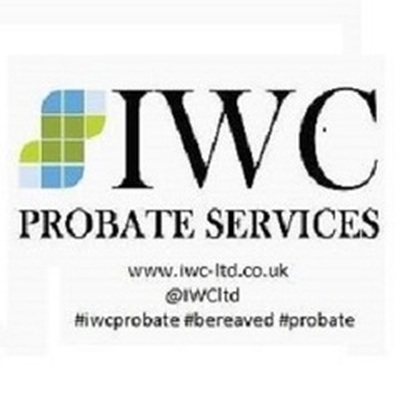-
 Retrouver dansMembres
Retrouver dansMembres Retrouver dansVidéos
Retrouver dansVidéos Retrouver dansChaînes
Retrouver dansChaînes
This website uses cookies to ensure you get the best experience on our website.
To learn more about our privacy policy Cliquez iciPréférence de confidentialité
- Mots clés - #trust and estate planning
-
- Dernière mise à jour 28 mars 2023 0 commentaire , 70 vues, 0 comme
- Airport House, Purley Way, Croydon CR0 0XZ, UK - Obtenir des directions
More from Peter John
More in Politics
Related Blogs
Les archives
Why Trust And Estate Planning Is Necessary
Posté par Peter John
28 mars 2023
Corps
One of the main legal structures used to distribute assets to heirs and beneficiaries after someone passes away is a trust and another is an estate. The operations and purposes of estates and trusts are distinctly different. Estates serve as a one-time transfer of assets that are given out following a death. The trustor, who creates the trust, is able to designate an ongoing transfer of assets to beneficiaries both before and after death with the use of trusts.
Understanding the distinctions between trust and estate planning will help you determine how to include them in your estate strategy. Our experts would be delighted to answer your call and would like to chat with an estate lawyer about your available estate planning choices.
An estate
An estate is simply all you own. This may include your house or other real estate holdings, your vehicles, your bank accounts, your financial portfolio, your life insurance policy, your jewelry, furnishings, and other belongings. By creating an estate plan, you can prevent these assets from being allocated against your will in the event of your passing or incapacitation. In that, they both exist to disperse assets, trusts, and estates are comparable. Yet how assets are distributed varies between them. Trusts may be established while the trustor is still living. Furthermore, a trustor may arrange for the distribution of assets while still alive.
Yet, estates are only effective at the time of the trustor's passing. It is crucial to stress again that trusts are legal agreements that can be a part of a more complete estate plan. Establishing a trust instrument can protect estate assets and prevent the estate from going through probate.
The main facets of how your financial and personal affairs will be managed are covered by estate planning. Medical directives are a part of estate planning, and they can help you get ready for situations where you could lose the ability to make healthcare decisions for yourself.
A trust is a written agreement that has both financial and legal functions in an estate plan. You choose a trustee when you create a trust, and that person is in charge of dispersing your assets to your beneficiaries. As a trust document is only one part of an extensive estate plan, you should think about utilizing it in addition to other estate planning strategies that respect your objectives.
Photos
Carte
-
Emplacements sur MyWorldGo
Information de Lieu
- Emplacement: Airport House, Purley Way, Croydon CR0 0XZ, UK - Obtenir des directions
- Adresse formatée: Airport House, 265 Purley Way, Croydon CR0 0XZ, UK
- Adresse de rue: 265,Purley Way,Croydon
- Ville: Greater London
- Code postal: CR0 0XZ
- Etat: England
- Pays: United Kingdom










commentaires